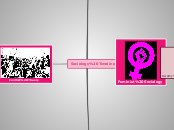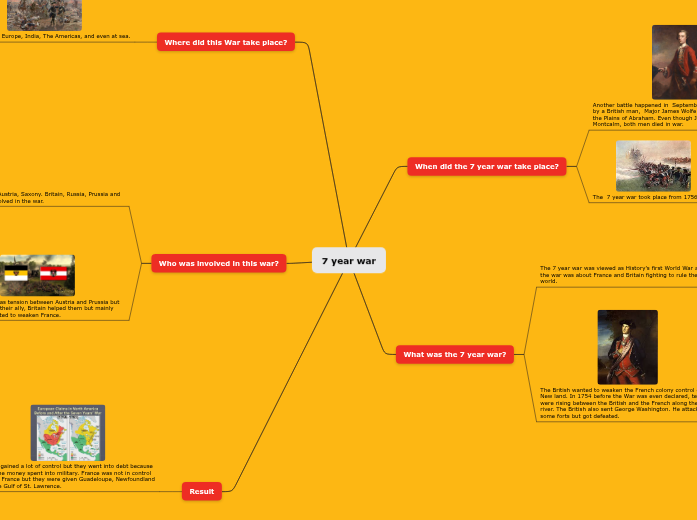The Resilient
Canada's Role in
World War 1
Canada's Reputation
Post War Reputation
Canadians were tough, reliable, and hardworking
What changed?
Our country was evolving at home
The grit and determination of our soldiers showed the world our strength
How we were perceived
We were viewed as just another British Dominion
The Home Front
Attacks on home soil
Victory Bonds
Put in place to fund the war effort
When the war was won they
would receive the money back with interest
People would buy bonds
and loan money to the government
Gender Roles
Women's rights began to grow
-Women gained the right to vote
-They took over Men's
jobs because they were overseas
Conscription
This divided the nation (French and English citizens
-The French felt that they were
being forced to fight for the British
Forced Canadian males ages 18-40 to serve in the war
Important People
and
War Technology
Canadian Gear
MacAdam Shovel
Used for digging, mounting, and as shields
Ross Rifle
Great in clear conditions but terrible in actual WW1 conditions
Planes
Used for scouting and developed for shooting later
Chlorine Gas
Dependent on wind direction; risky and deadly
Tanks
Well developed by the end of the war
Nellie McClung
Women's rights activists, legislature, and author
Essential in getting Women the right to vote in 1916
Billy Bishop
Canadian pilot form Owen Sound, Ontario
One of the lucky air-force veterans who lived to tell his tale
Took part in more than 170 air battles
and shot down a record breaking 72 enemy air crafts
Major Canadian Battles
Battle of Passchendaele
Canadian Corps joined the battle on 26 October. The Canadians captured the ridge on 6 November
The battle took place on the Ypres salient on the Western Front, in Belgium, where German and Allied armies had been deadlocked for three years.
Battle of Vimy Ridge
It was the largest territorial advance of any Allied force to that point in the war
Canada's most celebrated military victory
Battle of Somme
Despite losses Canadians received a hard, courageous, and reliable reputation
It was a battle to outlast (attrition)
During three months of fighting the Canadians captured a series of German trenches despite terrible conditions
Battle of Ypres
Canadians fought through and defended the territory
Canadians were unequipped for Chlorine Gas attack from the German
Major battle that provided altitude advantage
Timeline
The End of the War
The Treaty of Versailles
-Germans had to demilitarize, pay huge debts, and accept responsibility for starting the war
-A treaty put in place to punish the Germans for WW1
The Ottoman Empire fell, then Austria-Hungary, and finally Germany surrendered
The Allies were closing in on the Germans
U.S.A gets involved
The U.S.A joined the Allies because the Lusitania had many American citizens on board
German U-Boat sinks the Lusitania
Russian Revolution
The new communist government took Russia out of the war because it was hurting their resources
Communists took over Russia because of an absence of leadership from the Russian Czar
Italy backs out
Since Germany invaded France they backed out and switched sides
Italy had stated that they would aid Germany and Austria Hungary if they were attacked
The First Year
1. Archduke Frans Ferdinand of Austria was assassinated
2. Serbia rejected Austrian troops entering their country
3. Austria-Hungary declares war on Serbia
4. Russia declares war on Austria Hungary
5. Germany declares war on Russia then immediately invades France
6. France and Great Britain declare war on Austria-Hungary and Germany
7. Canada got thrown into the mix because they were a part of the British Empire
Causes
"The Spark"
The Assassination of
Austrian Archduke Frans Ferdinand
Started a chain of events that lead to WW1
Murdered by Serbian nationalist group
"The Black Hand"
Imperialism
Making colonies
-Needed for natural resources, land, and power
Nationalism
People regarded their country as superior in a form of patriotic ignorance
Alliances
Triple Entente
Triple Alliance
Militarism
Created competition to build weapons (Arms race)
Nations believed Armies were the best way to solve issues









